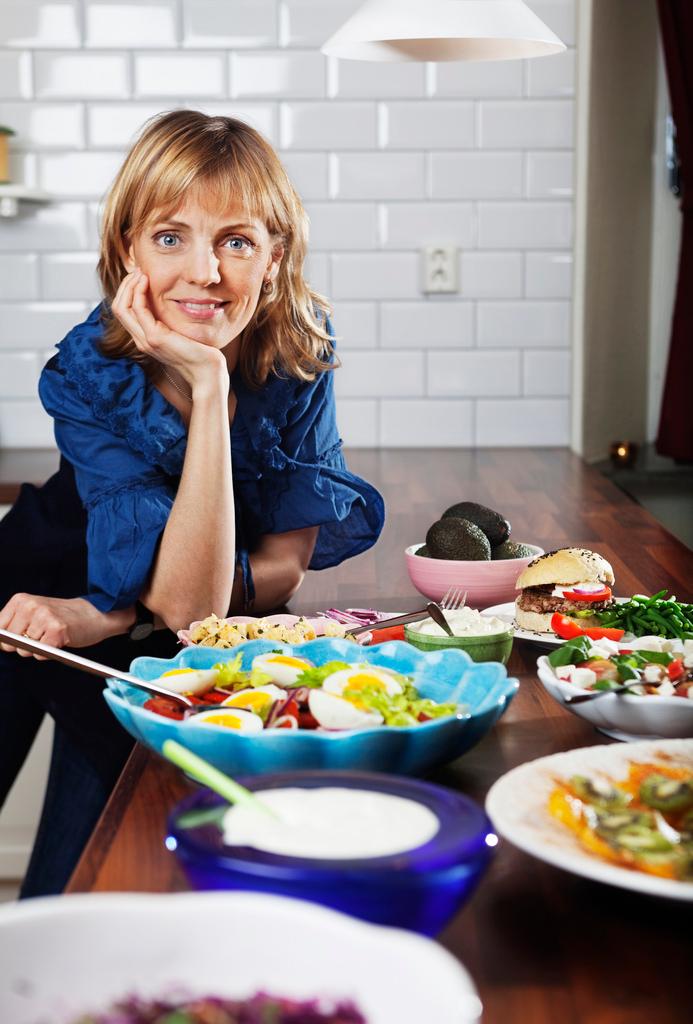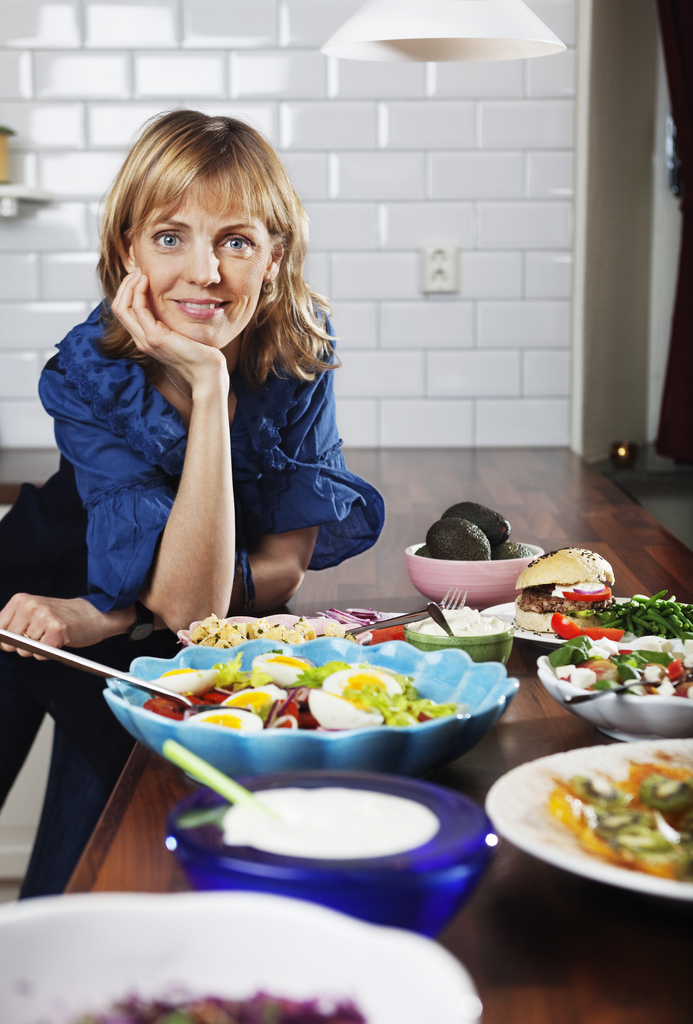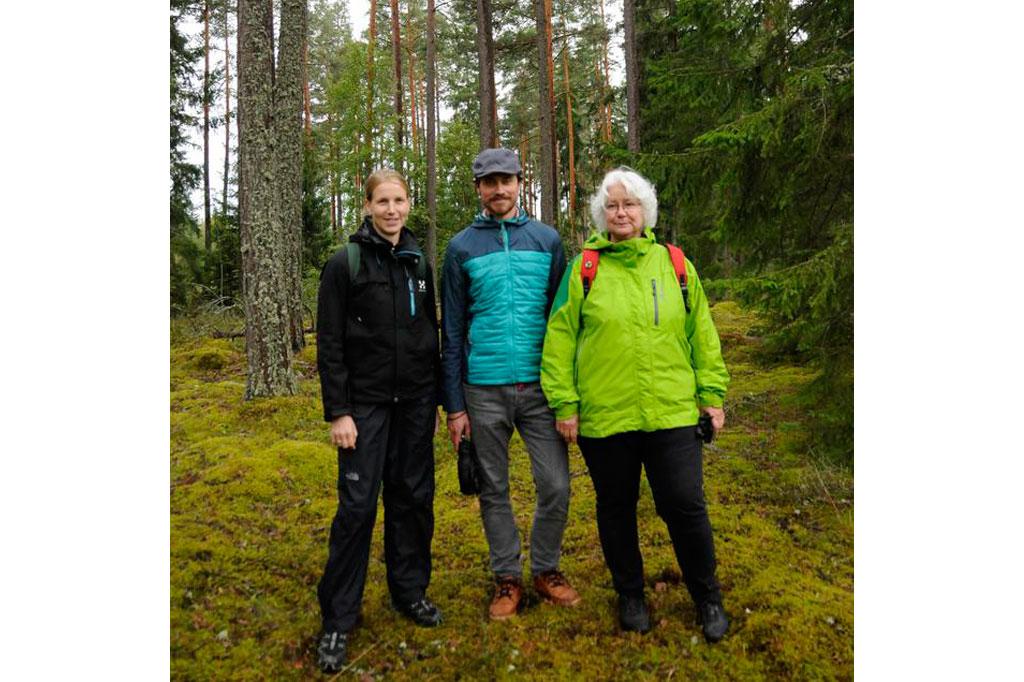STOCKHOLM, Sweden—A popular concept in Sweden that delivers the exact ingredients for dinner to people’s home—with a focus on environmental sustainability—is now spreading in Europe.
Kicki Theander was the first in Sweden and in the region when she started the concept in Sweden under the name Middagsfrid in 2007.
Her idea was to simplify dinner chores for families and other households who want to serve good food every day. By subscribing to Middagsfrids grocery bag people get ingredients and recipes delivered every week or every two weeks.
“It all started when I was bored at my ordinary job. Through my personal coach, I got the assignment to reflect on a dream situation without considering the obstacles and limitations. I saw people around me that suffered from the problem ‘What shall we have for dinner?’ and felt that this was a task for me,” says Theander.
The demand for these grocery bags is great and today the Swedish company’s volume of sale is almost 13 million dollars. Middagsfrid operates in more than 70 municipalities in Sweden, in Norway, Denmark, Germany and Belgium.
On Oct. 1, Middagsfrid also began operating in Switzerland under the name Salito. It was exactly five years ago that Kicki Theander personally delivered the first fully planned grocery order to customers in Stockholm.
That the demand is so large and is rapidly spreading to other countries shows there is an interest in helping families to eat a good and varied diet.
In addition, the company now has many followers both in Sweden and abroad, and today there are several players in the market to choose from.
By subscribing to grocery bags, customers also do a good deed for the environment. Middagsfrid reviews the whole chain—from the emissions that occur in the production of food, to transportation and waste.
Families learn to eat a vegetarian meal a week. The groceries are at least 25 percent organic, there are no unnecessary additives, and recipes are customized so the client throws away as little resources as possible.
According to the Swedish Environmental Protection Agency, emissions from the production of the amount of food thrown away each year is around two tonnes of carbon dioxide. This represents about three percent of total greenhouse gas emissions in Sweden.
Eating less meat is commonly advised to reduce emissions. Depending on the type of meat, emissions vary. Beef production creates huge emissions—even if you ate chicken seven days a week, emissions would not be as high as the one serving beef.
Kicki Theander says she had the environment in mind already when she started her business, but it was most that the food went “collectively” with other people’s food, and that a well-planned grocery delivery reduces waste.
“Now I know much more, namely that the greatest environmental benefit is achieved by choosing the right kind of ingredients. Beef generates such huge emissions of CO2 and by having this meat relatively infrequently in the bags we save on emissions of harmful greenhouse gases without the client experiencing a sacrifice,” says Kicki Theander.
Lundgren family consists of four people, two adults and two children of eight and four years. They have subscribed to grocery bags for about two to three years and are pleased with the concept.
“I appreciate that there are good ingredients, no additives, and much organic food. Moreover, I get the chance to try new ingredients, which I might not have tried otherwise,” says Marie Lundgren.
The Epoch Times publishes in 35 countries and in 19 languages. Subscribe to our e-newsletter.





